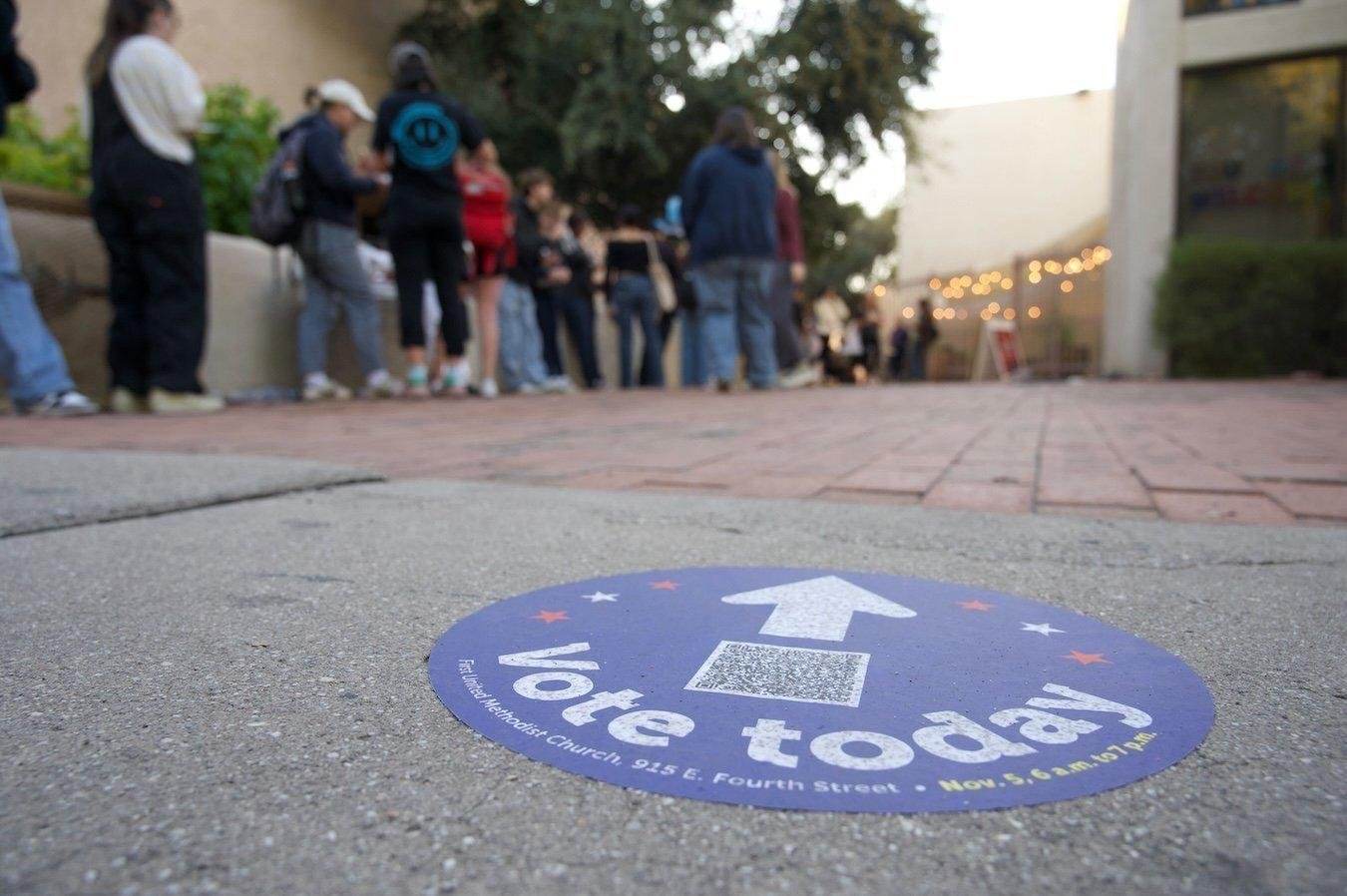family
House Approves Controversial Bill Threatening Voting Rights for Married Women

This story was originally reported by The 19th.
The U.S. House of Representatives has approved a controversial bill that voting rights advocates warn could complicate the voting process for millions of Americans, specifically married women. This legislation, known as the Safeguard American Voter Eligibility (SAVE) Act, was passed by a Republican majority on Thursday.
The purpose of the SAVE Act is to enhance measures preventing non-citizens from voting—an act that is illegal and largely uncommon in practice. Under the proposed law, individuals would be required to provide in-person verification of their citizenship, such as a passport or birth certificate, when registering to vote or updating their registration information.
Critics argue that this bill will unfairly burden many, particularly women who have changed their names due to marriage, gender identity, or other reasons. Approximately 69 million women and 4 million men in the U.S. lack a birth certificate that reflects their current legal names, creating potential obstacles to their voting rights.
Supporters claim that states will establish processes to allow individuals to prove their citizenship even if there are discrepancies in names. However, voting rights organizations express concerns that the legislation could disenfranchise marginalized communities. Currently, over 21 million eligible voters do not have immediate access to necessary documentation proving their citizenship.
Additionally, the bill threatens to eliminate popular voter registration methods, including online and mail-in registration, further straining a female-dominated election workforce that has faced significant challenges, including burnout and harassment, in recent years due to widespread misinformation about election integrity.
This is not the first time the SAVE Act has been introduced; it passed the House last year but failed to gain traction in the Senate. The bill now heads back to the Senate, where Republicans hold a 53-seat majority and will need 60 votes to move forward.

















